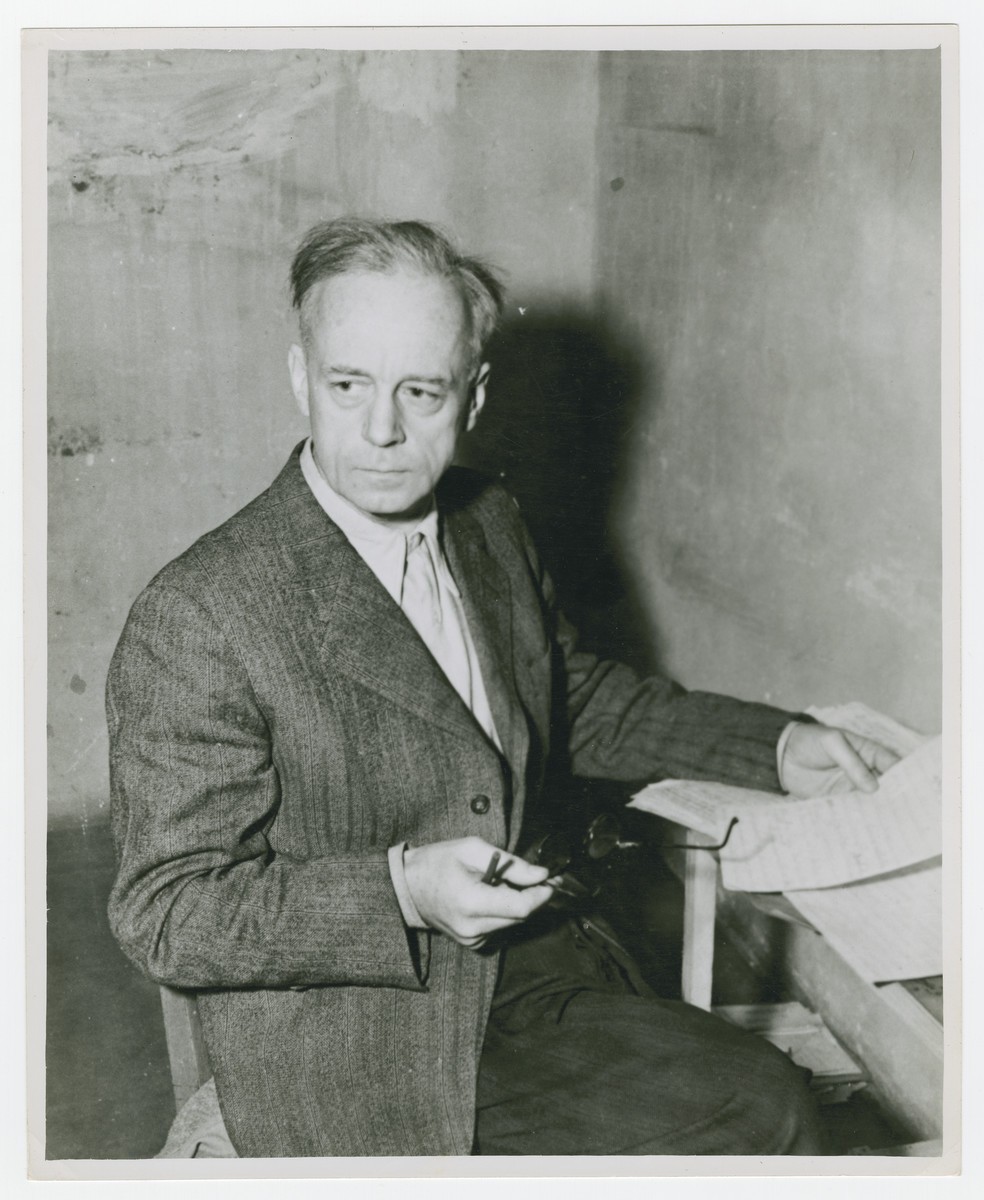The German Foreign Office and the Holocaust
Role and Responsibilities
The German Foreign Office was the state ministry responsible for carrying out the foreign policy of the government. It established embassies and consulates in foreign countries and staffed them with diplomats. It also negotiated with foreign governments, concluding treaties, pacts, and other agreements. Under Adolf Hitler, the German Foreign Office became a willing tool in his campaigns to overturn the restrictions imposed by the Versailles Peace Treaty, remilitarize Germany, and expand German influence and territory.
From 1933 onwards, the German Foreign Office played an integral role in Nazi anti-Jewish policies and the Holocaust. Like other German state institutions, it purged its ranks of Jewish staff members. The office also disseminated antisemitic and pro-Nazi propaganda around the globe. In addition, German diplomats kept watch on the activities of anti-Nazi, Marxist, and Jewish organizations in their assigned countries and reported back to Berlin.

In 1938, Joachim von Ribbentrop took over as German Foreign Minister. Soon after, he brought more Nazi members into the Foreign Office. Eventually, a special “Jewish Desk” was established at the German Foreign Office. The “Jewish Desk” helped to coordinate anti-Jewish policies abroad, including the deportation of Jews from foreign countries to the killing centers, with the Reich Security Main Office and Adolf Eichmann.
The "Final Solution"
The leadership of the German Foreign Office was kept aware of the “Final Solution.” They received copies of the Einsatzgruppen reports, which detailed the mass murder of Jews, Roma, and Soviet officials. On January 20, 1942, high-ranking Nazi Party and German government officials gathered at the “Wannsee Conference” to coordinate the implementation of the "Final Solution." Martin Luther, Undersecretary of State of the German Foreign Office, was among the representatives to participate. His agency was responsible for working with the relevant officials in the security police and security service to facilitate the operation of the “Final Solution” in countries occupied by or under the influence of Nazi Germany.
Postwar Trials
The International Military Tribunal (IMT) in Nuremberg indicted Joachim von Ribbentrop following the defeat of Nazi Germany. Konstantin von Neurath—German Foreign Minister from 1932 to 1938—was also indicted. The men were tried on the counts of conspiracy, crimes against peace, war crimes, and crimes against humanity. The IMT found both men guilty on all four counts of their indictments. Ribbentrop was sentenced to death and executed. Neurath, however, received a sentence of 15 years imprisonment.
US military tribunals tried other leaders of the German Foreign Office in the “Ministries Case” of the Subsequent Nuremberg Trials.

